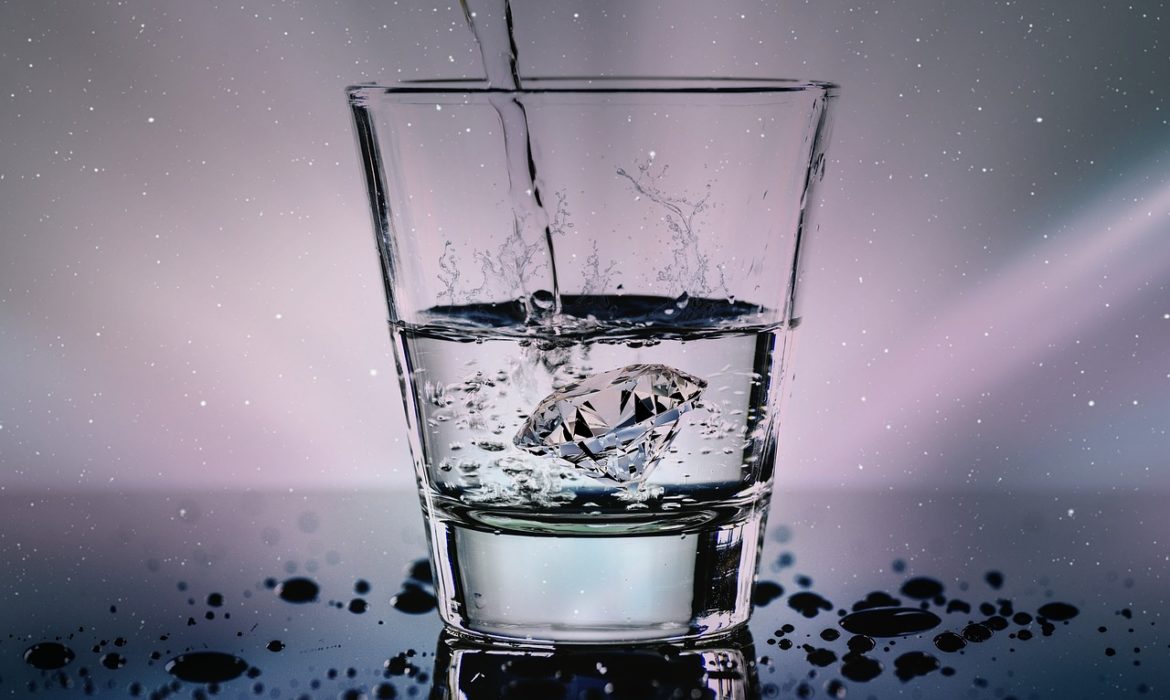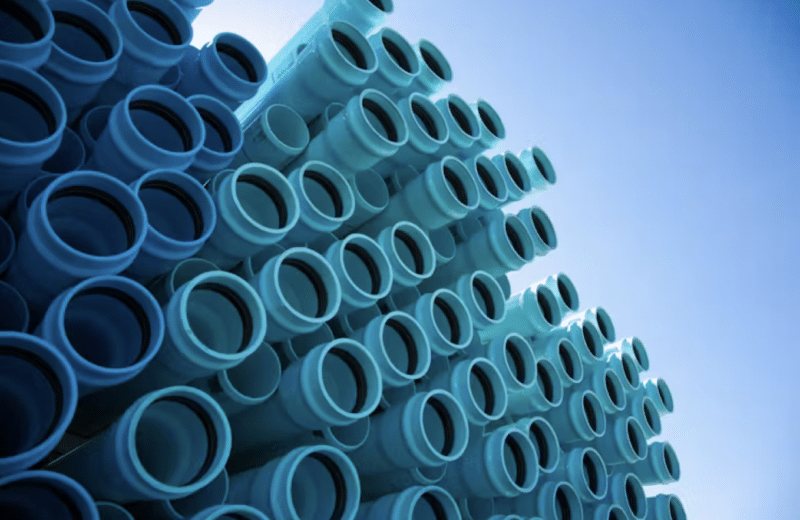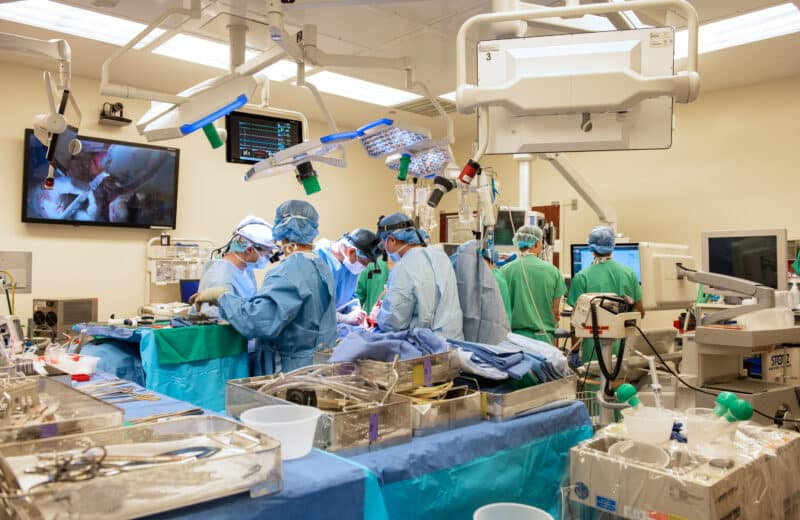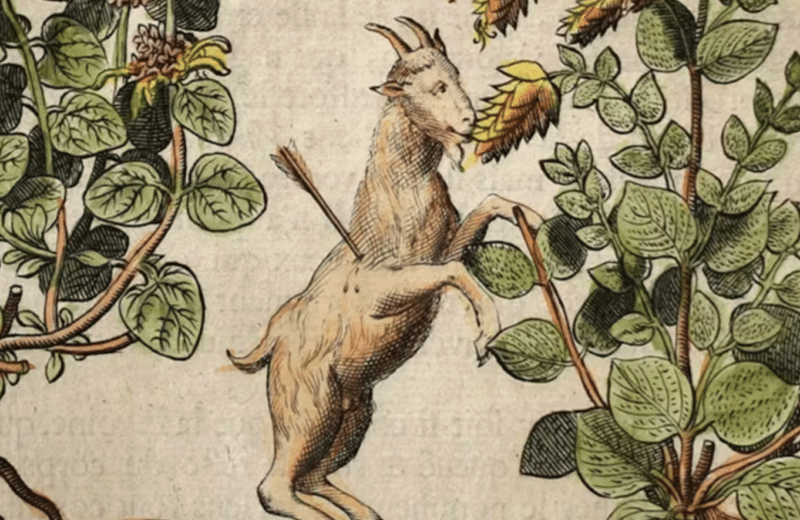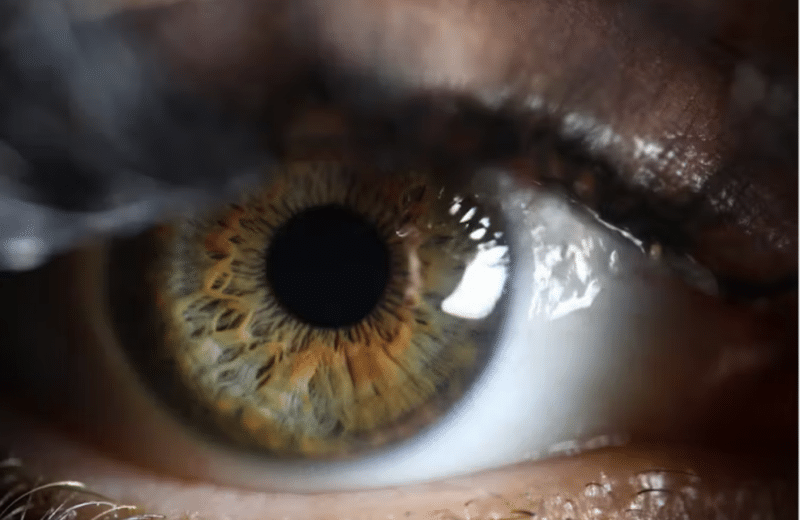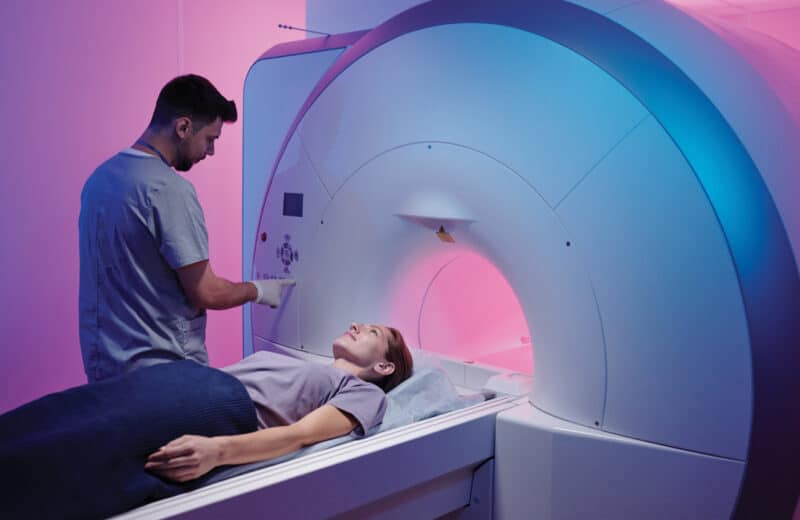Q: I recently passed a kidney stone. I never want to go through that pain again! What’s the best diet to avoid another kidney stone?
A: First and foremost, be sure you drink plenty of fluids every day and avoid dehydration. Kidney stones form when certain minerals concentrate in the urine and form hard crystals. By drinking plenty of fluid, you can decrease the concentration of these minerals. Drink 8 to 12 cups (64 to 96 ounces) a day.
The most common type of kidney stone is the calcium oxalate stone. About 80% of all kidney stones are made of calcium oxalate. The name might make you think you should eat a low calcium diet to avoid getting them, but you should do the opposite.
The problem is oxalate. Most people who develop calcium oxalate absorb too much oxalate. The extra oxalate is absorbed by the intestines and passed into the blood stream. The body uses what it needs, and the extra oxalate is excreted in the urine. In the urine, the higher concentration of oxalate can combine with calcium to cause kidney stones.
Many of the foods we eat, including some very healthy foods, contain oxalate. Examples include beets, chocolate, spinach, rhubarb, tea, most nuts and chocolate. But it’s quite difficult to stay on an oxalate restricted diet.
Instead concentrate on eating plenty of calcium rich fools. Inside your intestines, the dietary calcium binds the oxalate before it has a chance to get absorbed into your bloodstream, so less oxalate will need to pass into your urine.
Eating too much animal protein, such as meat, eggs and seafood, increases the likelihood of both calcium oxalate and the less common uric acid kidney stones. High-protein diets boost blood and urine levels of uric acid and reduce the amount of natural stone inhibitors in the urine.
A high-sodium diet also can trigger kidney stones because it increases the amount of calcium in your urine. A low-sodium diet is therefore recommended for the stone prone. Federal guidelines suggest limiting total daily sodium intake to 2,300 mg, and this is a good target to help prevent a recurrence.
While coffee and most teas contain small amounts of oxalate, some studies suggest that drinking tea and coffee decreases the risk of kidney stones. However, you should avoid too much black tea, as it has four times the concentration of oxalate compared to green tea.

